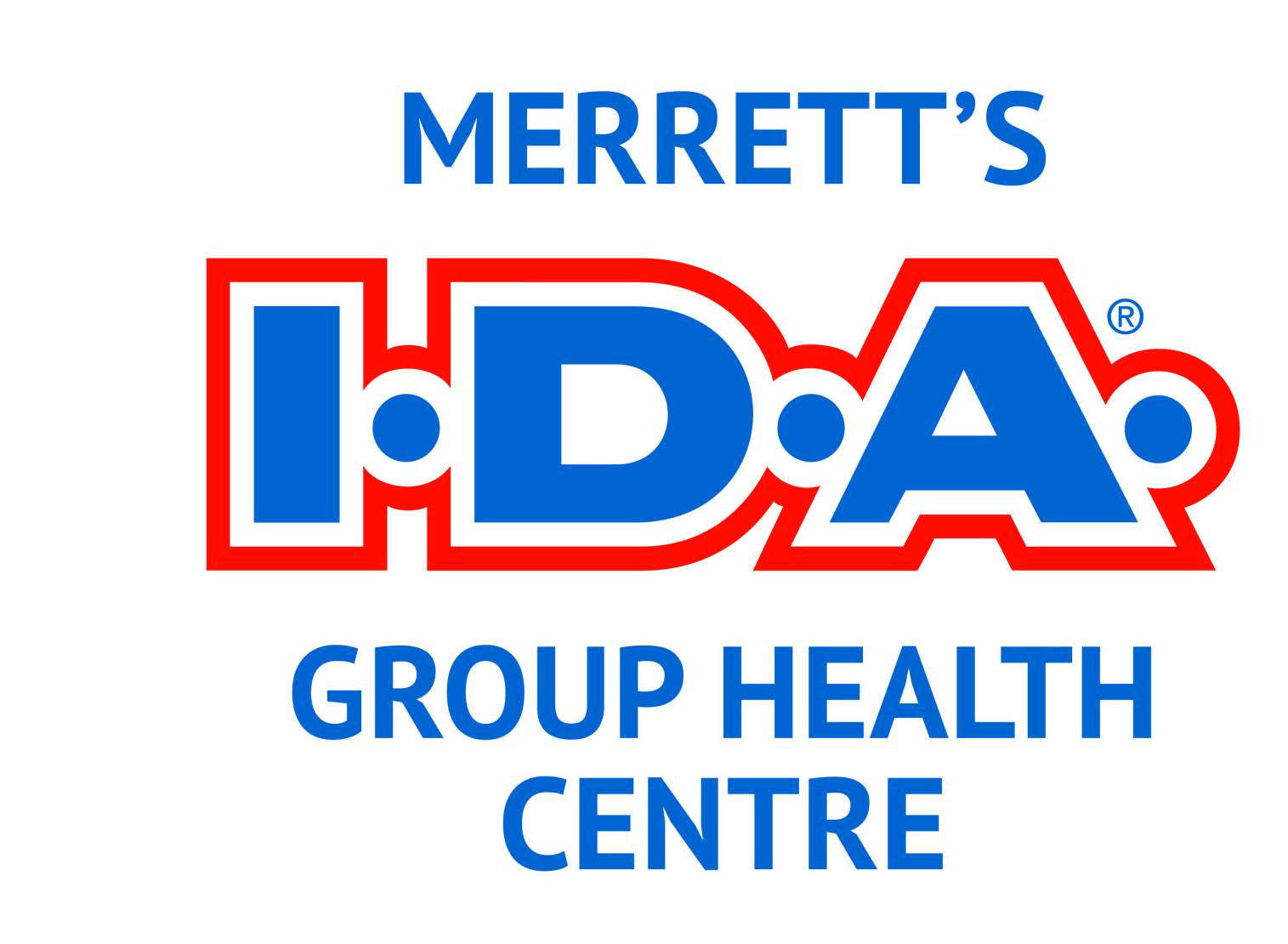Treating Pain With Opioids
4 Tips For Using Opioids Safely At Home
Opioids are medication used to relieve severe pain. They are used when other analgesics are not strong enough, most often for acute pain, for example after surgery, but also for chronic pain. Since they cause euphoria (a "high"), opioids may become addictive and sought after for inappropriate or illegal use. For this reason, it is most important to follow the doctor’s orders and to handle the medication safely at home. Here are a few tips.
